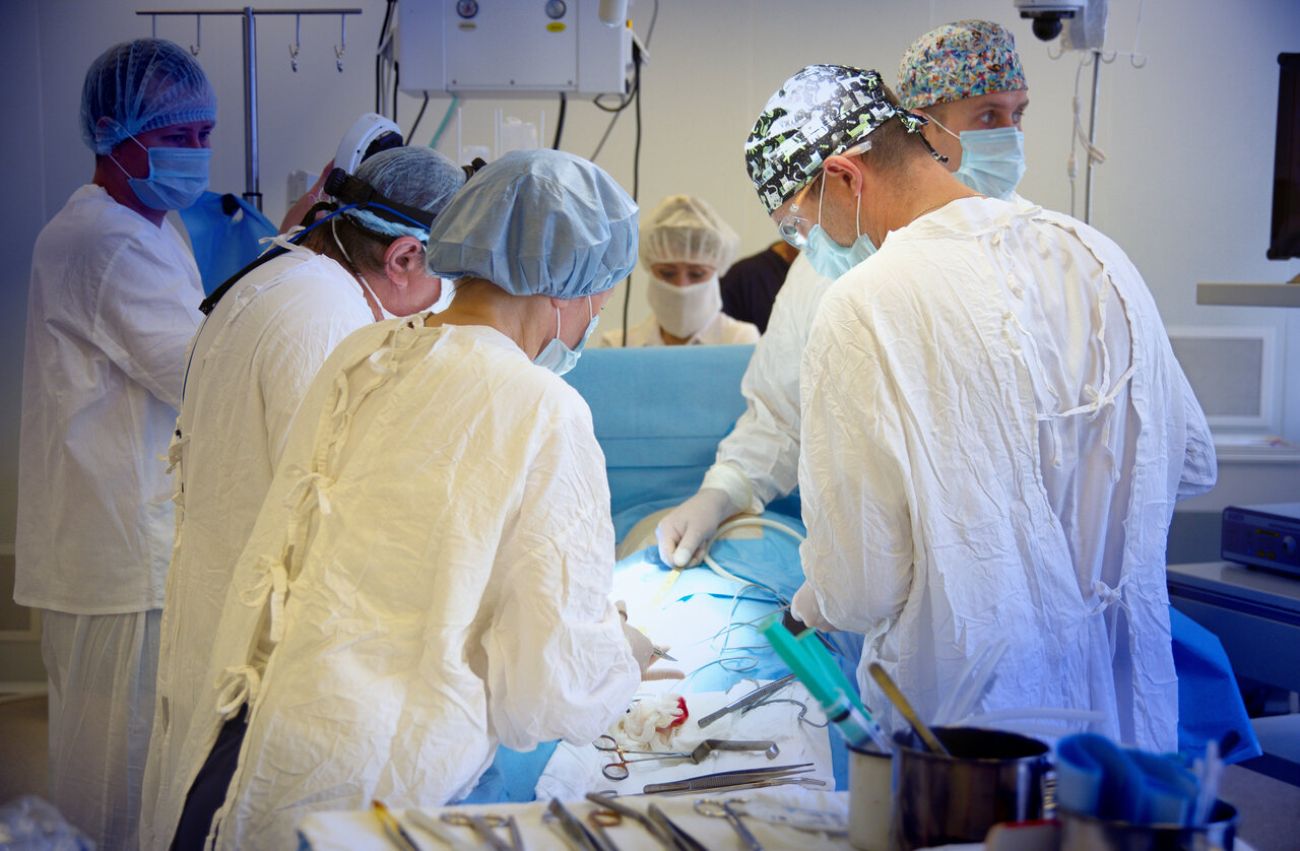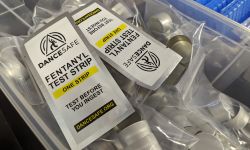Michigan may add organ donation registry to state income tax forms

- Three bills in the Michigan Legislature would add a question to tax forms asking if taxpayers would like to become organ donors
- The bills have passed the House and are awaiting a vote in the Senate
- If legislation passes by the end of June, the question would show up on 2024 tax forms
Michigan might become the first state to ask taxpayers on state tax forms if they want to become organ donors.
If passed, House Bills 4362, 4363 and 4364 would add a new question to Michigan tax forms asking taxpayers if they want to add their names to the organ donor registry. Those who check ‘yes,’ would be added to the registry, and a heart sticker for their driver license will be sent in the mail. Currently, Michiganders are asked when they receive or renew their driver license.
A rally is planned Tuesday in Lansing in support of the legislation.
Related:
- Michigan’s second human donor milk bank opens in Jackson
- Kalamazoo YWCA seeks tax dollars to support gender affirming, abortion care
- New blood donor rules for gay men may help Michigan hospitals amid shortage
The legislation responds to decreases in registrations. According to Gift of Life Michigan, the donor registry in Michigan is growing at its slowest rate since its inception in 1994. According to data collected by the Secretary of State, 56 percent of residents are organ donors today, compared to five years ago, when two thirds of Michiganders were registered.
According to Dorrie Dils, president and CEO of Gift of Life Michigan, the state’s organ and tissue recovery program, the organization is looking for ways to get the question in front of more people, more often.
According to Gift of Life Michigan, 95 percent of new donor registrations take place at the Secretary of State Office.
If the bills pass, Michigan taxpayers would be asked this question each year, whether they are on the registry or not. If a Michigan resident wishes to remove their name from the registry, they can go on the Secretary of State website, or they can do so when they renew their driver's license.
Sheri Johnson received her heart transplant in 2006. Johnson said the fact that her donor was already on the registry made it easier for the family, and a more positive experience for her.
“When I knew that that’s what (my donor) really wanted, it just made it so much easier for me,” Johnson said. “I’m so glad that this is what she wanted to do, there was no discussion or difficulty for the family still here. Having that registry provides that for the family and the recipient.”
In the 12 months, ending in May, Michigan hospitals performed 1,124 transplants, with another 2,474 people on the waitlist. The average transplants per state through mid June in the last calendar year was 424 transplants, while the average number awaiting a transplant was 2,073.
All three bills have passed the House of Representatives, receiving bipartisan support from 33 Republicans and 69 Democrats. The bills were passed by the Health Policy committee in the Senate without amendments, and referred for a vote on June 14.
Rep. Felicia Brabec, D-Ann Arbor, is one of three sponsors of the bills. “There are so many important reasons to do it. But, first and foremost, to save more Michiganders' lives,” Brabec said. “I mean it’s really straightforward … It's a simple fix for us here in the state and if we can save more lives by it, that is the best outcome.”
Brabec says she hopes that the Senate will vote on the bills in the coming two weeks. If passed by the end of June, supporters hope that the question can be added to the 2024 tax forms.
That could make a difference to Johnson, a mother of two, who is on the waitlist again, awaiting another heart.
“Because of the person who chose to do it for me, I was able to see my kids go to kindergarten, go to high school, graduate from high school, become men,” Johnson said. “Those are all things, as a mom, that you want to do. You want to be there for your kids.”
See what new members are saying about why they donated to Bridge Michigan:
- “In order for this information to be accurate and unbiased it must be underwritten by its readers, not by special interests.” - Larry S.
- “Not many other media sources report on the topics Bridge does.” - Susan B.
- “Your journalism is outstanding and rare these days.” - Mark S.
If you want to ensure the future of nonpartisan, nonprofit Michigan journalism, please become a member today. You, too, will be asked why you donated and maybe we'll feature your quote next time!








